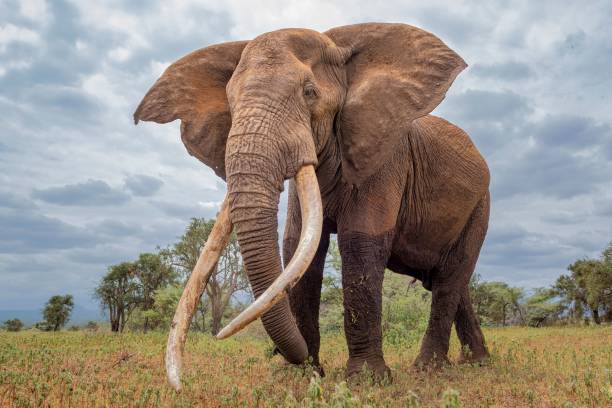Understanding the Intelligence and Emotional Capabilities of Elephants
Elephants, the gentle giants of the wild, have long captivated humanity with their distinctive size, strength, and notable trunks. Yet, there is a lesser-explored side to these magnificent creatures—their intelligence and emotional depth. Groundbreaking research and observations have revealed elephants to be complex, sentient beings that experience a broad range of emotions and demonstrate cognitive abilities often associated with higher mammals, including humans.

The Historical Perception of Elephants
Historically, elephants have been revered across various cultures for their immense physical prowess. In ancient times, they were symbols of power, serving as war machines in battles. The ancient Romans and Carthaginians, for example, used war elephants in combat. Their size and strength made them formidable opponents on the battlefield.
However, the focus on their physical attributes often overshadowed their mental capabilities. It wasn’t until the 19th and 20th centuries that scientists and animal behaviorists began to take notice of the elephant’s intellectual and emotional capacities.
Unveiling the Elephant’s Cognitive Abilities
Scientific studies have shown that elephants possess impressive cognitive abilities. They exhibit problem-solving skills, with instances of them using tools to achieve objectives. For instance, elephants have been observed using sticks to scratch areas they otherwise couldn’t reach, showcasing their ability to understand and utilize tools.
Moreover, elephants have demonstrated self-awareness, a trait usually associated with higher mammals. In tests involving mirrors, elephants recognized themselves, indicating a level of self-recognition that is rare among animals.
Emotional Depth of Elephants
Equally fascinating is the emotional depth of elephants. They are known to form strong social bonds and show empathy towards their kin. Elephants have been observed comforting distressed members of their herd by touching and caressing them with their trunks.
Elephants also mourn their dead, a behavior not common in the animal kingdom. They have been known to linger around the carcass of a deceased herd member, displaying signs of grief and loss.
The Elephant’s Brain: A Source of Intelligence and Emotion
The elephant’s brain structure provides a biological basis for their advanced cognitive and emotional faculties. Elephants have a large neocortex, a region of the brain associated with higher order brain functions such as spatial reasoning and conscious thought in mammals.
The Impact of Elephant Intelligence on Conservation Efforts
Understanding the intelligence and emotional capabilities of elephants has crucial implications for conservation efforts. The recognition of elephants as sentient beings has led to changes in how they are treated in captivity and in the wild.
This knowledge has sparked discussions about the ethics of elephant captivity, with many advocating for an end to practices that cause psychological stress to these intelligent creatures. There’s a growing push for alternatives that allow elephants to live in environments that cater to their physical, social, and emotional needs.
The study of elephant intelligence and emotionality also emphasizes the urgency of preserving their natural habitats, as habitat loss can disrupt the complex social structures and behaviors of elephant herds.
The profound understanding of elephants’ cognitive and emotional capabilities has reshaped our relationship with these majestic creatures. It serves as a reminder of our responsibility to respect and protect them, ensuring their survival for future generations to marvel at and learn from.






